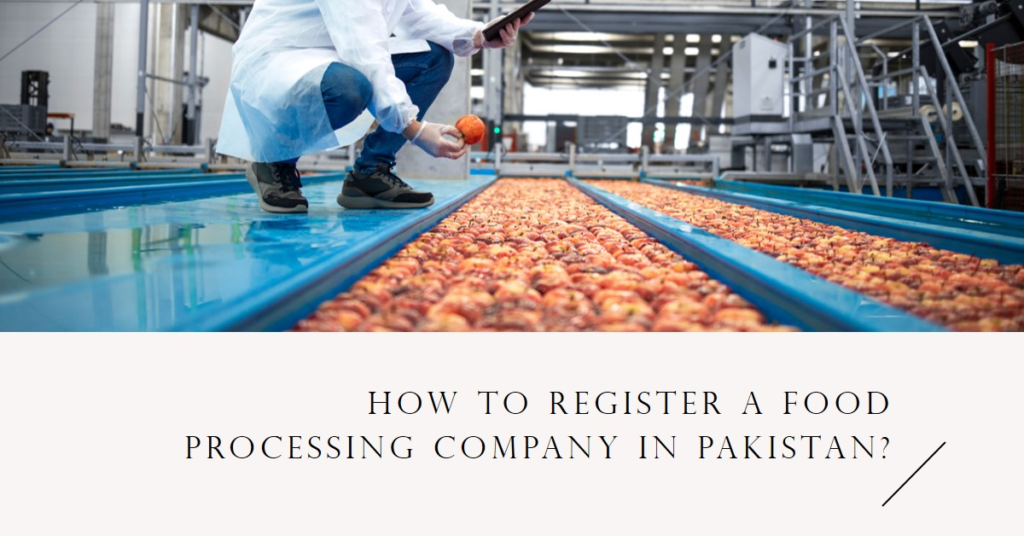Introduction:
Starting a food processing company in Pakistan can be a lucrative venture, given the country’s large population and growing demand for processed food products. However, before diving into the business, it is crucial to understand the registration process to ensure compliance with legal requirements and establish a solid foundation.
Definitions:
Food Processing Company: A business entity involved in the transformation of raw agricultural commodities into value-added food products through various processes such as cleaning, grading, sorting, cooking, freezing, packaging, and more.
Pakistan Food Authority (PFA): The regulatory body responsible for overseeing and regulating food-related matters, including the registration and licensing of food processing companies in Pakistan.
Examples:
To better understand the food processing industry in Pakistan, here are a few examples of successful companies:
Shan Foods: Established in 1981, Shan Foods has become a leading player in the spice and food seasoning industry in Pakistan. They process and package a wide range of food products, including masalas (spice mixes), recipe mixes, and pickles, catering to both domestic and international markets.
National Foods Limited: With a history spanning over four decades, National Foods Limited specializes in the production of packaged spice mixes, pickles, and food ingredients. They have a diverse product portfolio and a strong presence in the Pakistani market.
Case Studies:
Case Study: Engro Foods Limited
Engro Foods Limited, established in 2004, is a prominent food processing company in Pakistan. They ventured into dairy processing and launched various brands, including Olper’s, Tarang, and Omore. To register their food processing company, Engro Foods Limited followed these steps:
a. Business Registration: They registered their business with the Securities and Exchange Commission of Pakistan (SECP) as a private limited company.
b. Obtaining Trade License: Engro Foods Limited obtained a trade license from the local government authority to operate their food processing business legally.
c. Registration with PFA: They submitted the necessary documents, including their company registration certificate, manufacturing facility details, product information, and quality control measures, to the Pakistan Food Authority (PFA) for registration.
d. Inspection and Compliance: PFA conducted a physical inspection of their manufacturing facility to ensure compliance with food safety and hygiene standards.
e. Approval and License: Once Engro Foods Limited fulfilled all the requirements, PFA granted them the registration and necessary licenses to operate as a food processing company.
Conclusion:
Registering a food processing company in Pakistan involves several essential steps to comply with legal requirements and ensure the safety and quality of food products. This guide provided an overview of the process, including definitions, examples, and a case study. By following the appropriate registration procedures and adhering to food safety regulations, entrepreneurs can establish a successful and compliant food processing company in Pakistan. It is crucial to consult with legal and regulatory experts to navigate the specific requirements and guidelines related to the food processing industry in the country.
